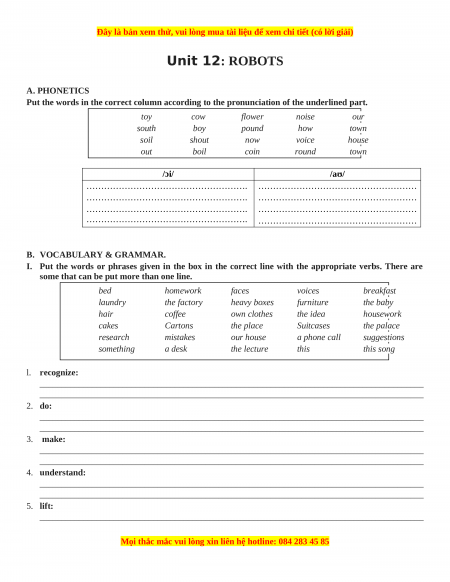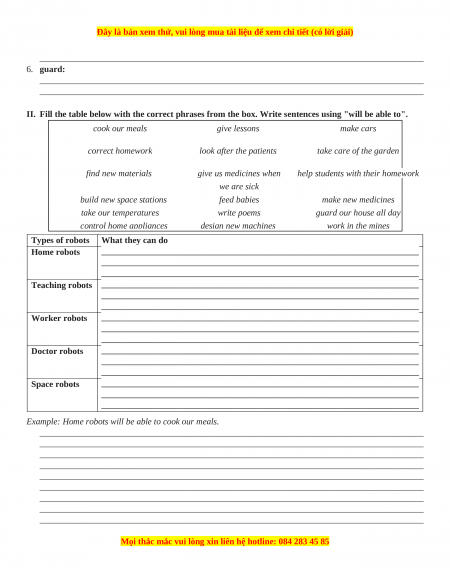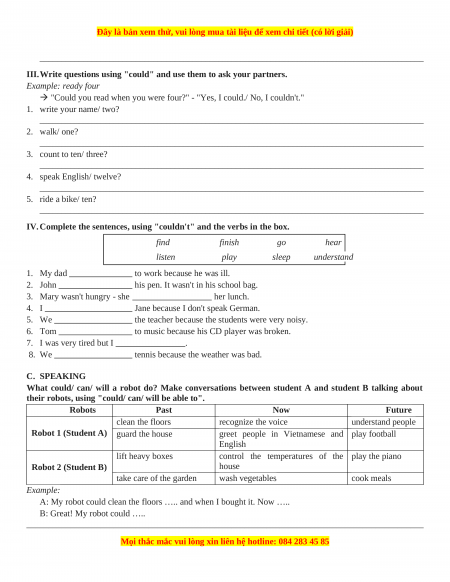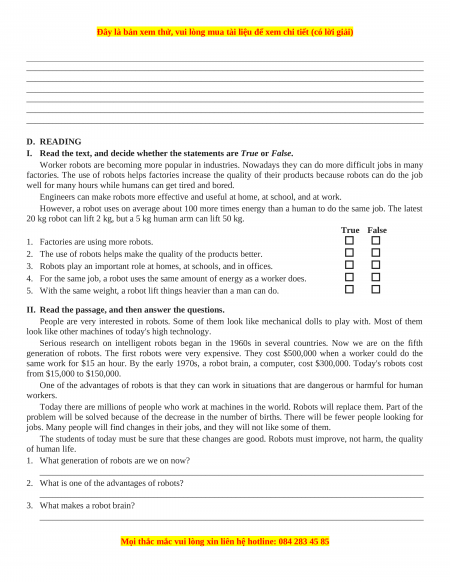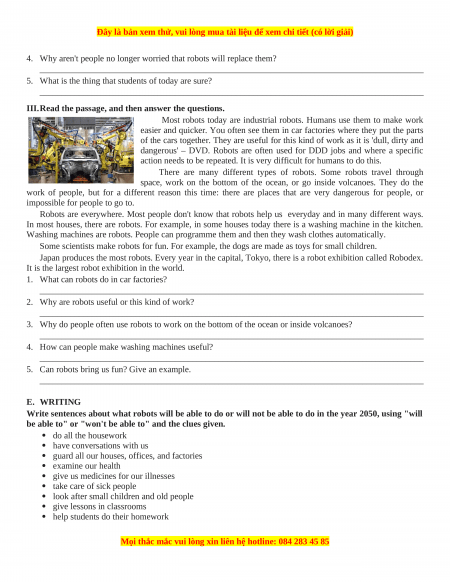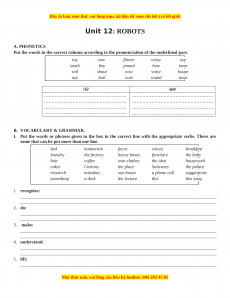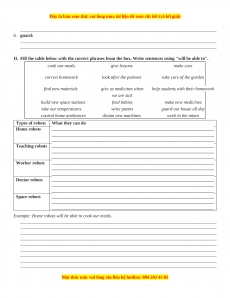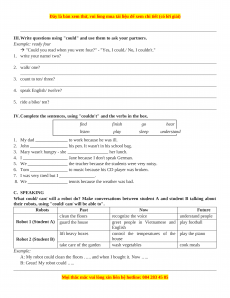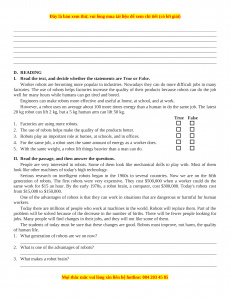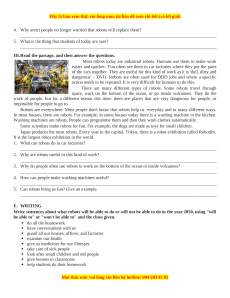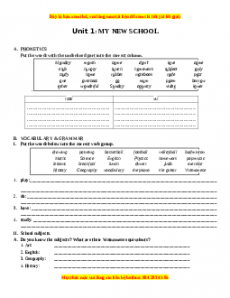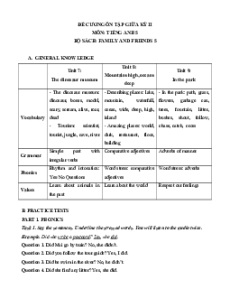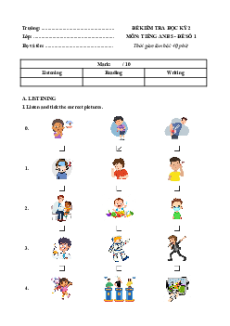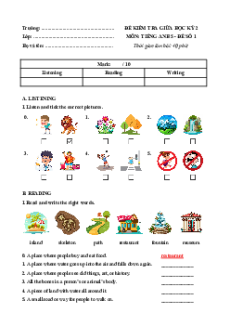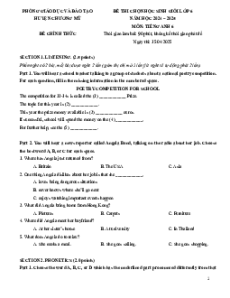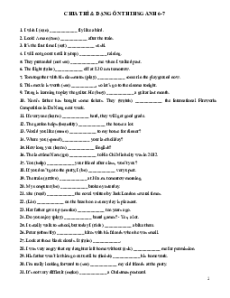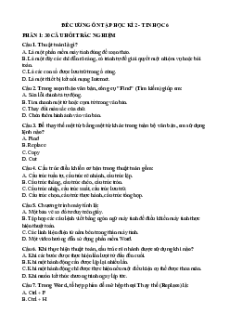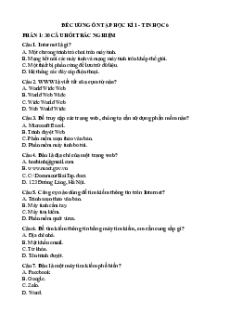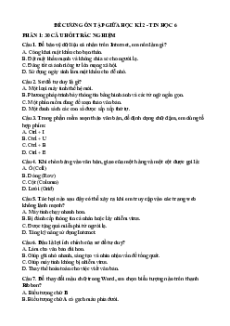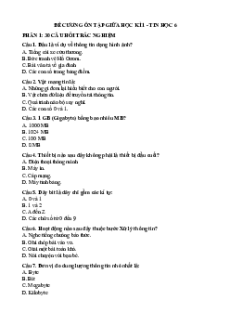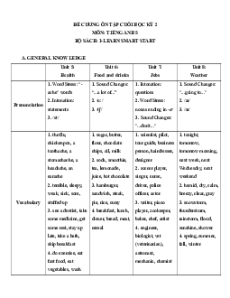Unit 12: ROBOTS A. PHONETICS
Put the words in the correct column according to the pronunciation of the underlined part. toy cow flower noise our south boy pound how town soil shout now voice house out boil coin round town /ɔi/ /aʊ/
……………………………………………….
………………………………………………
……………………………………………….
………………………………………………
……………………………………………….
………………………………………………
……………………………………………….
………………………………………………
B. VOCABULARY & GRAMMAR.
I. Put the words or phrases given in the box in the correct line with the appropriate verbs. There are
some that can be put more than one line. bed homework faces voices breakfast laundry the factory heavy boxes furniture the baby hair coffee own clothes the idea housework cakes Cartons the place Suitcases the palace research mistakes our house a phone call suggestions something a desk the lecture this this song l. recognize:
________________________________________________________________________________________
________________________________________________________________________________________ 2. do:
________________________________________________________________________________________
________________________________________________________________________________________ 3. make:
________________________________________________________________________________________
________________________________________________________________________________________ 4. understand:
________________________________________________________________________________________
________________________________________________________________________________________ 5. lift:
________________________________________________________________________________________
________________________________________________________________________________________ 6. guard:
________________________________________________________________________________________
________________________________________________________________________________________
II. Fill the table below with the correct phrases from the box. Write sentences using "will be able to". cook our meals give lessons make cars correct homework
look after the patients take care of the garden find new materials give us medicines when
help students with their homework we are sick
build new space stations feed babies make new medicines take our temperatures write poems guard our house all day
control home appliances design new machines work in the mines Types of robots What they can do Home robots Teaching robots Worker robots Doctor robots Space robots
Example: Home robots will be able to cook our meals.
________________________________________________________________________________________
________________________________________________________________________________________
________________________________________________________________________________________
________________________________________________________________________________________
________________________________________________________________________________________
________________________________________________________________________________________
________________________________________________________________________________________
________________________________________________________________________________________
________________________________________________________________________________________
________________________________________________________________________________________
III.Write questions using "could" and use them to ask your partners.
Example: ready four
"Could you read when you were four?" - "Yes, I could./ No, I couldn't." 1. write your name/ two?
________________________________________________________________________________________ 2. walk/ one?
________________________________________________________________________________________ 3. count to ten/ three?
________________________________________________________________________________________ 4. speak English/ twelve?
________________________________________________________________________________________ 5. ride a bike/ ten?
________________________________________________________________________________________
IV. Complete the sentences, using "couldn't" and the verbs in the box. find finish go hear listen play sleep understand 1. My dad to work because he was ill. 2. John
his pen. It wasn't in his school bag. 3. Mary wasn't hungry - she her lunch. 4. I
Jane because I don't speak German. 5. We
the teacher because the students were very noisy. 6. Tom
to music because his CD player was broken. 7. I was very tired but I . 8. We
tennis because the weather was bad. C. SPEAKING
What could/ can/ will a robot do? Make conversations between student A and student B talking about
their robots, using "could/ can/ will be able to". Robots Past Now Future clean the floors recognize the voice understand people
Robot 1 (Student A) guard the house
greet people in Vietnamese and play football English lift heavy boxes
control the temperatures of the play the piano Robot 2 (Student B) house take care of the garden wash vegetables cook meals Example:
A: My robot could clean the floors ….. and when I bought it. Now ….. B: Great! My robot could …..
___________________________________________________________________________________________
___________________________________________________________________________________________
___________________________________________________________________________________________
___________________________________________________________________________________________
___________________________________________________________________________________________
___________________________________________________________________________________________
___________________________________________________________________________________________
___________________________________________________________________________________________ D. READING
I. Read the text, and decide whether the statements are True or False.
Worker robots are becoming more popular in industries. Nowadays they can do more difficult jobs in many
factories. The use of robots helps factories increase the quality of their products because robots can do the job
well for many hours while humans can get tired and bored.
Engineers can make robots more effective and useful at home, at school, and at work.
However, a robot uses on average about 100 more times energy than a human to do the same job. The latest
20 kg robot can lift 2 kg, but a 5 kg human arm can lift 50 kg. True False
1. Factories are using more robots.
2. The use of robots helps make the quality of the products better.
3. Robots play an important role at homes, at schools, and in offices.
4. For the same job, a robot uses the same amount of energy as a worker does.
5. With the same weight, a robot lift things heavier than a man can do.
II. Read the passage, and then answer the questions.
People are very interested in robots. Some of them look like mechanical dolls to play with. Most of them
look like other machines of today's high technology.
Serious research on intelligent robots began in the 1960s in several countries. Now we are on the fifth
generation of robots. The first robots were very expensive. They cost $500,000 when a worker could do the
same work for $15 an hour. By the early 1970s, a robot brain, a computer, cost $300,000. Today's robots cost from $15,000 to $150,000.
One of the advantages of robots is that they can work in situations that are dangerous or harmful for human workers.
Today there are millions of people who work at machines in the world. Robots will replace them. Part of the
problem will be solved because of the decrease in the number of births. There will be fewer people looking for
jobs. Many people will find changes in their jobs, and they will not like some of them.
The students of today must be sure that these changes are good. Robots must improve, not harm, the quality of human life.
1. What generation of robots are we on now?
________________________________________________________________________________________
2. What is one of the advantages of robots?
________________________________________________________________________________________ 3. What makes a robot brain?
________________________________________________________________________________________
Bài tập Unit 12: ROBOTS - Giáo viên Lưu Hoằng Trí đầy đủ đáp án
721
361 lượt tải
MUA NGAY ĐỂ XEM TOÀN BỘ TÀI LIỆU
CÁCH MUA:
- B1: Gửi phí vào TK:
1133836868- CT TNHH DAU TU VA DV GD VIETJACK - Ngân hàng MB (QR) - B2: Nhắn tin tới Zalo VietJack Official ( nhấn vào đây ) để xác nhận thanh toán và tải tài liệu - giáo án
Liên hệ ngay Hotline hỗ trợ: 084 283 45 85
Tài liệu được cập nhật liên tục trong gói này từ nay đến hết tháng 6/2023. Chúng tôi đảm bảo đủ số lượng đề đã cam kết hoặc có thể nhiều hơn, tất cả có BẢN WORD, LỜI GIẢI CHI TIẾT và tải về dễ dàng.
Để tải tài liệu gốc về máy bạn click vào nút Tải Xuống ở trên!
Thuộc bộ (mua theo bộ để tiết kiệm hơn):
- Bài tập Tiếng anh 6 của giáo viên Lưu Hoằng Trí bao gồm đầy đủ các bài giảng trong cả năm học 2022 - 2023. Tài liệu cung cấp thêm cho các em các bài tập để rèn luyện nâng cao kỹ năng cũng như giúp các em sắp thi học sinh giỏi các bài tập tham khảo để luyện tập.
- File word có lời giải chi tiết 100%.
- Mua trọn bộ sẽ tiết kiệm hơn tải lẻ 50%.
Đánh giá
4.6 / 5(721 )5
4
3
2
1
Trọng Bình
Tài liệu hay
Giúp ích cho tôi rất nhiều
Duy Trần
Tài liệu chuẩn
Rất thích tài liệu bên VJ soạn (bám sát chương trình dạy)
TÀI LIỆU BỘ BÁN CHẠY MÔN Tiếng Anh
Xem thêmTÀI LIỆU BỘ BÁN CHẠY Lớp 6
Xem thêmTài liệu bộ mới nhất

Đây là bản xem thử, vui lòng mua tài liệu để xem chi tiết (có lời giải)
Unit 12: ROBOTS
A. PHONETICS
Put the words in the correct column according to the pronunciation of the underlined part.
B. VOCABULARY & GRAMMAR.
I. Put the words or phrases given in the box in the correct line with the appropriate verbs. There are
some that can be put more than one line.
l. recognize:
________________________________________________________________________________________
________________________________________________________________________________________
2. do:
________________________________________________________________________________________
________________________________________________________________________________________
3. make:
________________________________________________________________________________________
________________________________________________________________________________________
4. understand:
________________________________________________________________________________________
________________________________________________________________________________________
5. lift:
________________________________________________________________________________________
Mọi thắc mắc vui lòng xin liên hệ hotline: 084 283 45 85
toy cow flower noise our
south boy pound how town
soil shout now voice house
out boil coin round town
/ɔi/ /aʊ/
……………………………………………….
……………………………………………….
……………………………………………….
……………………………………………….
………………………………………………
………………………………………………
………………………………………………
………………………………………………
bed homework faces voices breakfast
laundry the factory heavy boxes furniture the baby
hair coffee own clothes the idea housework
cakes Cartons the place Suitcases the palace
research mistakes our house a phone call suggestions
something a desk the lecture this this song

Đây là bản xem thử, vui lòng mua tài liệu để xem chi tiết (có lời giải)
________________________________________________________________________________________
6. guard:
________________________________________________________________________________________
________________________________________________________________________________________
II. Fill the table below with the correct phrases from the box. Write sentences using "will be able to".
Types of robots What they can do
Home robots
Teaching robots
Worker robots
Doctor robots
Space robots
Example: Home robots will be able to cook our meals.
________________________________________________________________________________________
________________________________________________________________________________________
________________________________________________________________________________________
________________________________________________________________________________________
________________________________________________________________________________________
________________________________________________________________________________________
________________________________________________________________________________________
________________________________________________________________________________________
________________________________________________________________________________________
Mọi thắc mắc vui lòng xin liên hệ hotline: 084 283 45 85
cook our meals give lessons make cars
correct homework look after the patients take care of the garden
find new materials give us medicines when help students with their homework
we are sick
build new space stations feed babies make new medicines
take our temperatures write poems guard our house all day
control home appliances design new machines work in the mines

Đây là bản xem thử, vui lòng mua tài liệu để xem chi tiết (có lời giải)
________________________________________________________________________________________
III.Write questions using "could" and use them to ask your partners.
Example: ready four
"Could you read when you were four?" - "Yes, I could./ No, I couldn't."
1. write your name/ two?
________________________________________________________________________________________
2. walk/ one?
________________________________________________________________________________________
3. count to ten/ three?
________________________________________________________________________________________
4. speak English/ twelve?
________________________________________________________________________________________
5. ride a bike/ ten?
________________________________________________________________________________________
IV. Complete the sentences, using "couldn't" and the verbs in the box.
1. My dad to work because he was ill.
2. John his pen. It wasn't in his school bag.
3. Mary wasn't hungry - she her lunch.
4. I Jane because I don't speak German.
5. We the teacher because the students were very noisy.
6. Tom to music because his CD player was broken.
7. I was very tired but I .
8. We tennis because the weather was bad.
C. SPEAKING
What could/ can/ will a robot do? Make conversations between student A and student B talking about
their robots, using "could/ can/ will be able to".
Robots Past Now Future
Robot 1 (Student A)
clean the floors recognize the voice understand people
guard the house greet people in Vietnamese and
English
play football
Robot 2 (Student B)
lift heavy boxes control the temperatures of the
house
play the piano
take care of the garden wash vegetables cook meals
Example:
A: My robot could clean the floors ….. and when I bought it. Now …..
B: Great! My robot could …..
___________________________________________________________________________________________
Mọi thắc mắc vui lòng xin liên hệ hotline: 084 283 45 85
find finish go hear
listen play sleep understand

Đây là bản xem thử, vui lòng mua tài liệu để xem chi tiết (có lời giải)
___________________________________________________________________________________________
___________________________________________________________________________________________
___________________________________________________________________________________________
___________________________________________________________________________________________
___________________________________________________________________________________________
___________________________________________________________________________________________
___________________________________________________________________________________________
D. READING
I. Read the text, and decide whether the statements are True or False.
Worker robots are becoming more popular in industries. Nowadays they can do more difficult jobs in many
factories. The use of robots helps factories increase the quality of their products because robots can do the job
well for many hours while humans can get tired and bored.
Engineers can make robots more effective and useful at home, at school, and at work.
However, a robot uses on average about 100 more times energy than a human to do the same job. The latest
20 kg robot can lift 2 kg, but a 5 kg human arm can lift 50 kg.
True False
1. Factories are using more robots.
2. The use of robots helps make the quality of the products better.
3. Robots play an important role at homes, at schools, and in offices.
4. For the same job, a robot uses the same amount of energy as a worker does.
5. With the same weight, a robot lift things heavier than a man can do.
II. Read the passage, and then answer the questions.
People are very interested in robots. Some of them look like mechanical dolls to play with. Most of them
look like other machines of today's high technology.
Serious research on intelligent robots began in the 1960s in several countries. Now we are on the fifth
generation of robots. The first robots were very expensive. They cost $500,000 when a worker could do the
same work for $15 an hour. By the early 1970s, a robot brain, a computer, cost $300,000. Today's robots cost
from $15,000 to $150,000.
One of the advantages of robots is that they can work in situations that are dangerous or harmful for human
workers.
Today there are millions of people who work at machines in the world. Robots will replace them. Part of the
problem will be solved because of the decrease in the number of births. There will be fewer people looking for
jobs. Many people will find changes in their jobs, and they will not like some of them.
The students of today must be sure that these changes are good. Robots must improve, not harm, the quality
of human life.
1. What generation of robots are we on now?
________________________________________________________________________________________
2. What is one of the advantages of robots?
________________________________________________________________________________________
3. What makes a robot brain?
________________________________________________________________________________________
Mọi thắc mắc vui lòng xin liên hệ hotline: 084 283 45 85

Đây là bản xem thử, vui lòng mua tài liệu để xem chi tiết (có lời giải)
4. Why aren't people no longer worried that robots will replace them?
________________________________________________________________________________________
5. What is the thing that students of today are sure?
________________________________________________________________________________________
III.Read the passage, and then answer the questions.
Most robots today are industrial robots. Humans use them to make work
easier and quicker. You often see them in car factories where they put the parts
of the cars together. They are useful for this kind of work as it is 'dull, dirty and
dangerous' – DVD. Robots are often used for DDD jobs and where a specific
action needs to be repeated. It is very difficult for humans to do this.
There are many different types of robots. Some robots travel through
space, work on the bottom of the ocean, or go inside volcanoes. They do the
work of people, but for a different reason this time: there are places that are very dangerous for people, or
impossible for people to go to.
Robots are everywhere. Most people don't know that robots help us everyday and in many different ways.
In most houses, there are robots. For example, in some houses today there is a washing machine in the kitchen.
Washing machines are robots. People can programme them and then they wash clothes automatically.
Some scientists make robots for fun. For example, the dogs are made as toys for small children.
Japan produces the most robots. Every year in the capital, Tokyo, there is a robot exhibition called Robodex.
It is the largest robot exhibition in the world.
1. What can robots do in car factories?
________________________________________________________________________________________
2. Why are robots useful or this kind of work?
________________________________________________________________________________________
3. Why do people often use robots to work on the bottom of the ocean or inside volcanoes?
________________________________________________________________________________________
4. How can people make washing machines useful?
________________________________________________________________________________________
5. Can robots bring us fun? Give an example.
________________________________________________________________________________________
E. WRITING
Write sentences about what robots will be able to do or will not be able to do in the year 2050, using "will
be able to" or "won't be able to" and the clues given.
do all the housework
have conversations with us
guard all our houses, offices, and factories
examine our health
give us medicines for our illnesses
take care of sick people
look after small children and old people
give lessons in classrooms
help students do their homework
Mọi thắc mắc vui lòng xin liên hệ hotline: 084 283 45 85
